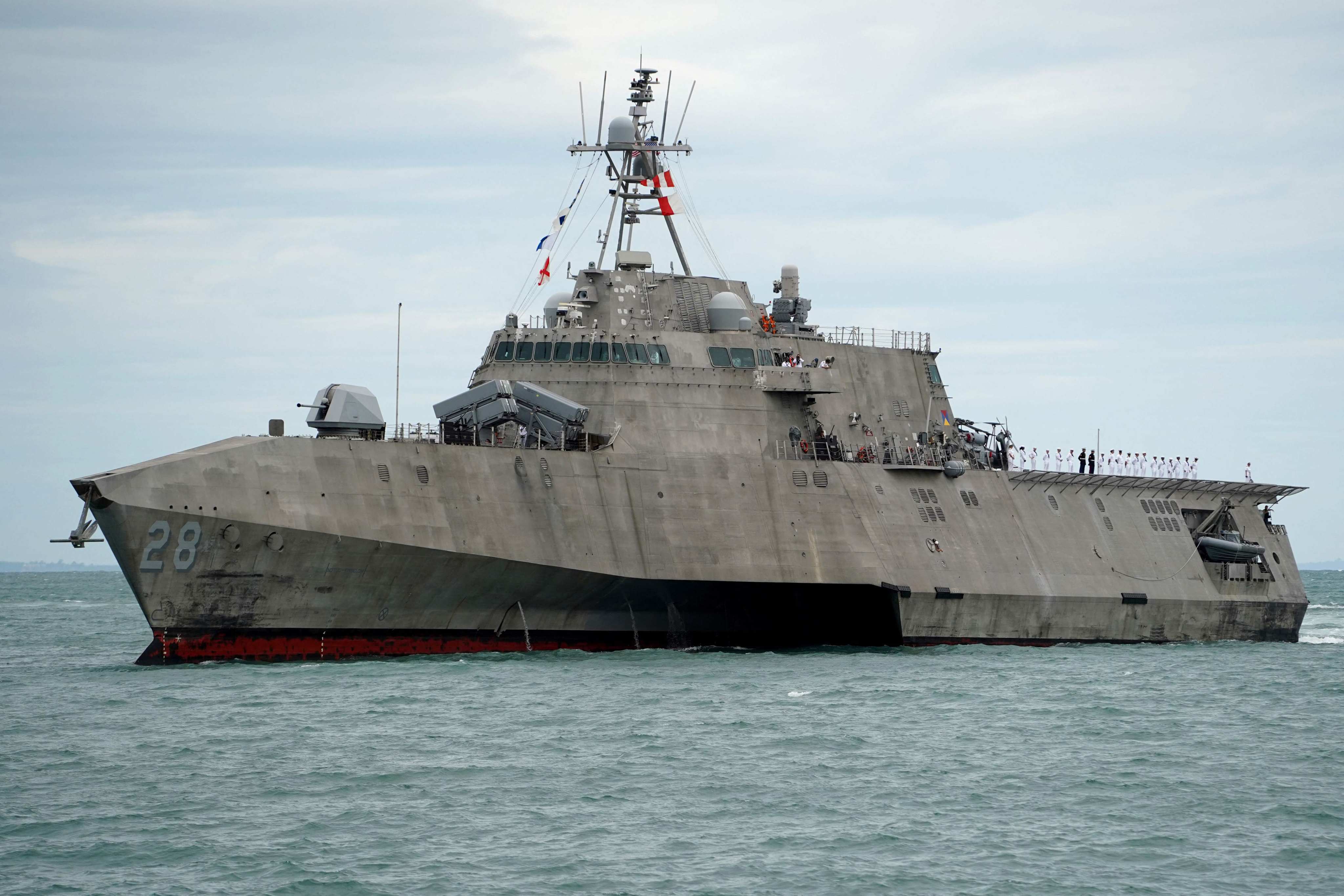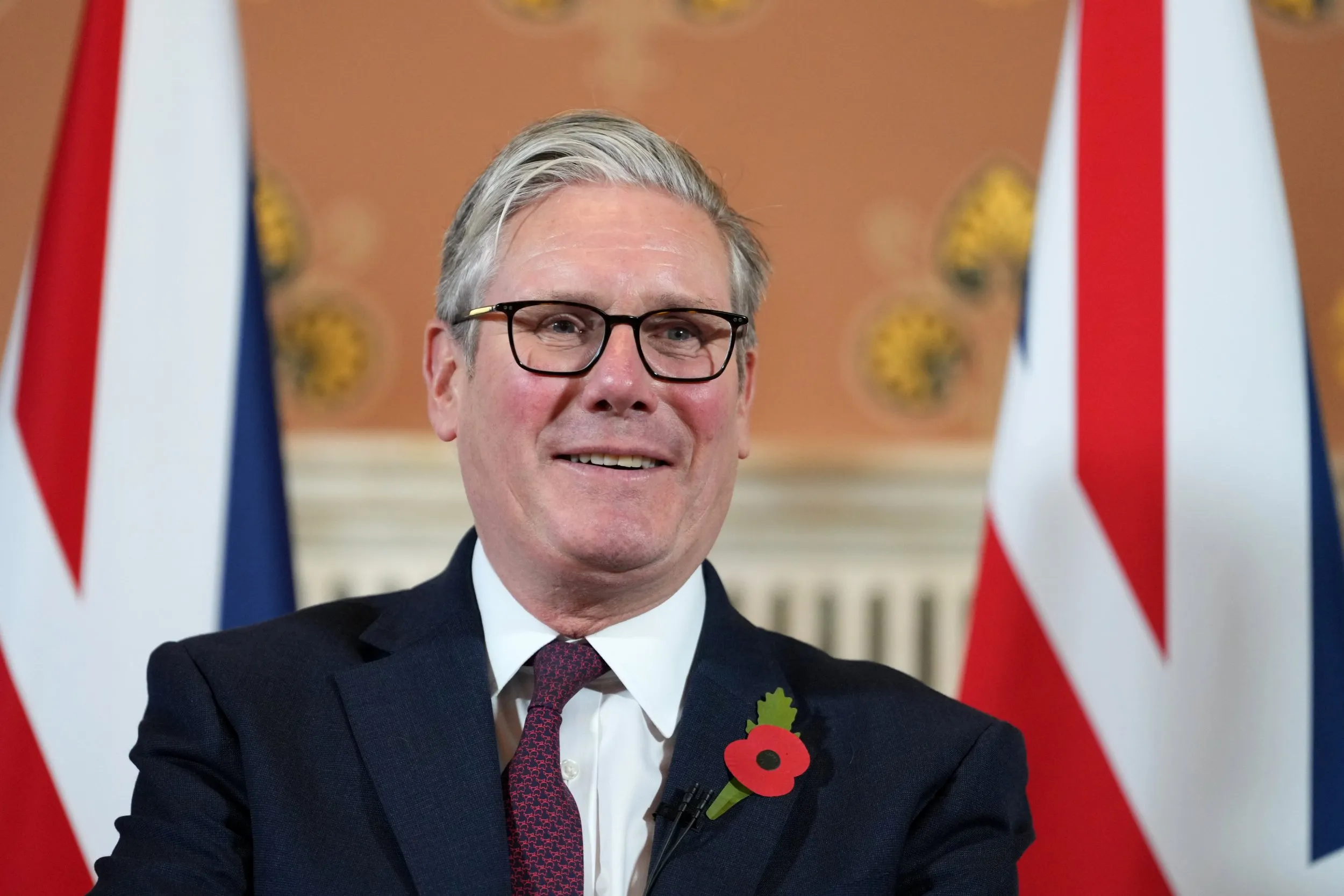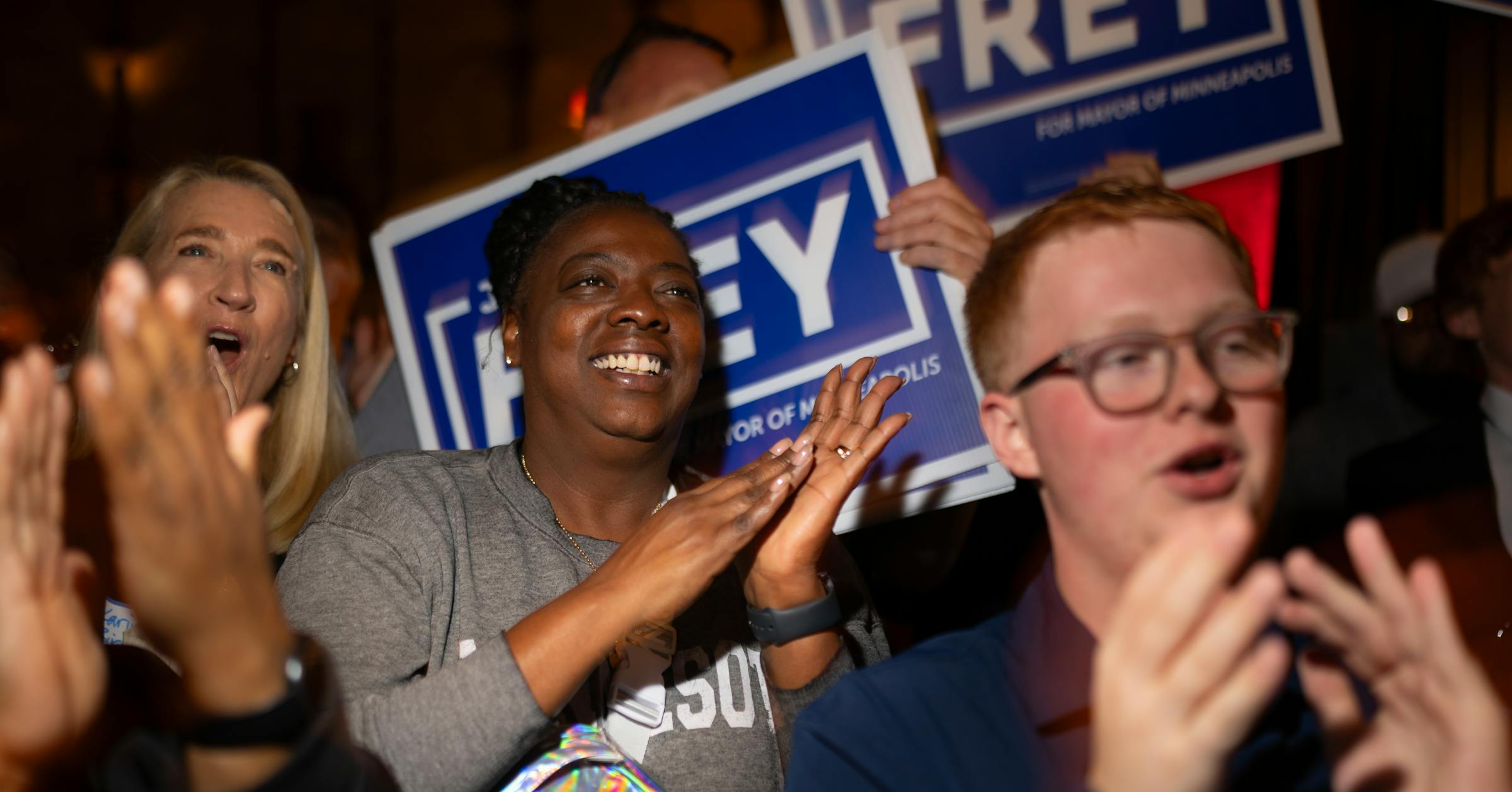Copyright scmp

The revival of US-Cambodia military exercises after an eight-year hiatus signals Washington’s renewed interest in Southeast Asia and offers Phnom Penh a chance to rebalance its strategic ties beyond Beijing, according to analysts. The long-frozen Angkor Sentinel drills will resume following a meeting between US Defence Secretary Pete Hegseth and his Cambodian counterpart on the sidelines of a regional security summit in Malaysia last week. The drills were suspended in 2017 after Washington raised concerns about democratic backsliding in Cambodia. That year, the Supreme Court dissolved the main opposition party, arrested its leader on treason charges and banned more than 100 senior opposition figures from politics. Analysts say the resumption reflects a broader shift in American foreign policy under President Donald Trump, who has prioritised strategic engagement over democracy promotion in parts of the Indo-Pacific. “This is good news for Southeast Asia as it reflects Washington’s continuous interest in the region, and its willingness to engage with Cambodia,” Abdul Rahman Yaacob, a researcher at the Australian National University, told This Week in Asia. The defence chiefs also discussed the possibility of Hegseth joining a future US naval ship visit to Cambodia’s Ream Naval Base, according to a readout. The US has long expressed concerns that China will be given exclusive military access to the naval base in the Gulf of Thailand as part of a deal inked six years ago. Defence ties between the US and Cambodia have thawed in recent months, with the two militaries holding in July their first formal Bilateral Defence Dialogue since 2017. This followed a port call by the US Navy ship USS Savannah in December 2024, the first port visit in eight years, and a visit by a US Army Pacific commander in February 2025. These military developments are part of a broader warming of diplomatic ties, which also includes a new US-Cambodia trade agreement and a Washington-facilitated peace accord between Cambodia and Thailand over their border dispute. Rahman said the warming of US-Cambodia defence relations was significant, given that they had until recently been “lukewarm”. A major issue was the Ream Naval Base modernised with China’s assistance, leading to concerns that Beijing would turn the base into its naval outpost similar to the one at Djibouti, he noted. “However, China’s control over Ream is unclear at this point,” Rahman said, adding that the joint drills showed growing interest between the US and Cambodia in expanding bilateral defence relations. China has extensive influence over Cambodia, including strong military ties characterised by joint exercises, military aid and cooperation on training. Beijing has significantly helped modernise Cambodia’s military, and has funded and constructed new facilities at Ream, including a large pier capable of hosting warships like aircraft carriers and a logistics and training centre. Phnom Penh has consistently maintained that China does not have exclusive access to the base, which is open to all friendly foreign navies. With the US and China competing for influence in Southeast Asia, Rahman said Beijing would be concerned about Washington’s growing ties with Phnom Penh. “For Cambodia, the growing defence partnership with the US reflects its non-aligned policy and interests to broaden its defence partners,” he added. Sophal Ear, associate professor at Arizona State University’s Thunderbird School of Global Management, said the revival of military exercises showed that Cambodia was attempting to recalibrate its relationships beyond Beijing. The drills would mean a “slightly reduced Chinese monopoly” in Cambodia’s defence ties while for Washington, they represented renewed engagement in a region that was becoming more “strategically contested”, Ear said. “[It is] an opportunity for the US to demonstrate reliability in a region that often perceives its attention as inconsistent. For Southeast Asia, this move reinforces that the regional security order remains open and fluid.” A potential downside, however, would be Cambodia facing new diplomatic pressure from Beijing while the US risked being accused of “militarising its reengagement” with the region, Ear added. In recent years, the US is seen as being somewhat negligent of Southeast Asia due to Washington’s inconsistent engagement, especially at the highest level. The US has also been accused of failing to match the scale and tangible results of China’s deep involvement in the region, particularly on the economic front. The resumption of US-Cambodia military drills also clearly aligned with a broader American effort to “regain influence in what has long been considered China’s strategic neighbourhood”, Ear added. Cambodia’s human rights record and military alignment with China, however, would complicate the extent to which these exercises could proceed, Ear noted. “For the US, the engagement carries reputational risks but also the potential to rebuild trust after years of neglect,” he said. “For Cambodia, this moment presents both leverage and new constraints.” Beijing’s reaction, whether by expanding its military presence in Ream or by intensifying economic incentives, would reveal much about the durability of Phnom Penh’s balancing strategy, Ear noted. “These exercises matter less for their size than for what they symbolise: Cambodia once again signalling that it does not wish to be trapped in any single power’s orbit.” The drills, along with the symbolic Nobel Peace Prize nomination for Trump by Cambodian Prime Minister Hun Manet in August, “underscore Cambodia’s pragmatic diplomacy and its interest in fostering openness to multiple partners”, Ear added. Hun Manet had lauded Trump’s “extraordinary statesmanship” in halting a border conflict between Cambodia and Thailand, following the US president’s July 26 phone calls to the leaders of the two feuding Southeast Asian neighbours to urge a ceasefire in the conflict. Even though both leaders agreed in principle to the truce, the fighting, including artillery shelling, continued after the calls. On October 26, Trump witnessed an expanded ceasefire agreement signed by Hun Manet and his Thai counterpart Anutin Charnvirakul during the Association of Southeast Asian Nations summit. Chinese President Xi Jinping, however, last week publicly refuted Trump’s claim that China had no role in resolving the Thailand-Cambodia dispute, asserting that Beijing had been involved in the de-escalation “in our own way”. “Xi’s correction of Trump’s comments about the peace deal underscores how closely China monitors these gestures and how sensitive Beijing remains to signs of American inroads into its sphere of influence,” Ear noted.



